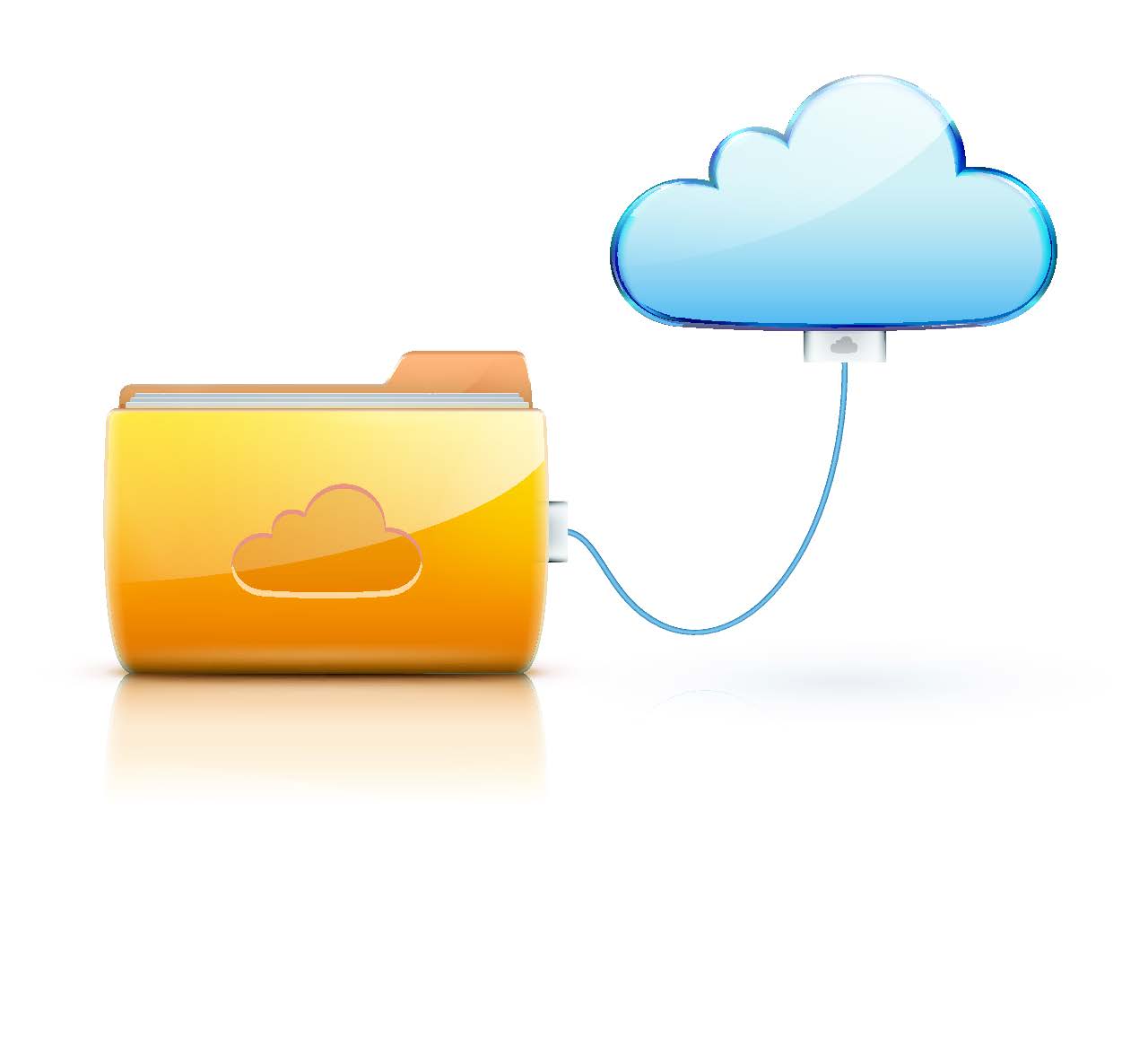Cloud Backup Services: What Makes the Critical Difference?
As cloud technology takes shape, you may be having difficulty deciding which of the myriad cloud-based services belong in your portfolio. Although the cloud is the not the right solution for every problem, there are two areas of cloud computing that have some very persuasive benefits: data storage and backup/recovery. While storage and backup in the cloud are slightly different services for slightly different needs, they both allow users to scale storage space to meet expanding requirements. Though cloud-based
December 19, 2012

By EVault Guest Blog 2
As cloud technology takes shape, you may be having difficulty deciding which of the myriad cloud-based services belong in your portfolio. Although the cloud is the not the right solution for every problem, there are two areas of cloud computing that have some very persuasive benefits: data storage and backup/recovery.
While storage and backup in the cloud are slightly different services for slightly different needs, they both allow users to scale storage space to meet expanding requirements. Although cloud-based solutions have been around for many years, the success of companies like Salesforce.com and Apple, advances in technology and the economic benefits of the cloud may have produced a tipping point.
Is the Cloud Ready?
As interest in the cloud increases, there has been a lot of talk about the maturity and trustworthiness of cloud storage and backup technologies. Is it hype or is it real? Many end users and IT managers are getting very excited about the benefits of cloud backup, including the ability to store and manipulate data in the cloud, the promise of higher performance, more scalability and cheaper storage.
Choosing the Right Cloud
As many well-known—and many unknown—vendors compete to offer cloud storage and backup services, there are increasing numbers of solutions available. Not all are of equal quality, even if they’re associated with a known brand name. It is essential to select a cloud storage solution from a vendor with experience in remote storage that has a proven track record. With so many services being advertised, your customers need your help in weeding out the good from the bad. They are looking to you as their trusted adviser to help them make the right choice for their business. Because your good name relies on the vendor’s ability to handle your customers’ mission-critical business data, who you partner with is an important business decision.
Identifying a Secure Cloud
Although cloud computing standards are still being developed, existing standards such as SAS 70 compliance and tier levels are key indicators. In terms of security, cloud-based services must be managed and operated at equivalent levels to enterprise systems. The data must be properly encrypted both in motion and at rest, the physical locations of the cloud must be secure, and the business processes must be appropriate to the data and usage. Once those constraints are satisfied, cloud storage is no more or less secure than physical storage, and the chance of data leakage from cloud computing is no higher than that of physical on-premise storage.
The Critical Issue: Disaster Recovery
A major issue facing cloud storage is where the customer’s data is actually kept. Many cloud products may not offer a choice of specific locations for where customer’s data will reside or in fact may actually offer “locationless” clouds as a benefit.
The actual physical location of a customer’s data can be very important (for EU Data Protection Directive compliance, for example) and, if you are utilizing cloud storage for your disaster recovery plan or attempting to pass strict security audits, then the location of the data and the mechanisms defined to make that data accessible can be critical. If you live in a hurricane zone, for example, you wouldn’t take the risk of having your cloud in the same area.
Ultimately, as we’ve seen in the past weeks with Superstorm Sandy, for many businesses the most important facet of storing and backing up data is being able to recover it in the event of a disaster. There are many cloud storage companies that will serve your customers perfectly well when everything is going fine, but the ones that stand out are also experts in the area of disaster recovery.
Many of your customers will start with backup or storage and as their business grows, they will want to expand their services to include more comprehensive disaster recovery services. If you want to be able to grow with your customers, choose a backup vendor that can also offer extensive data and systems recovery.
In short, the cloud is ready for you. Are you ready for it?
Monthly guest blogs such as this one are part of Talkin’ Cloud’s annual platinum sponsorship. Read all EVault guest blogs here.
You May Also Like
